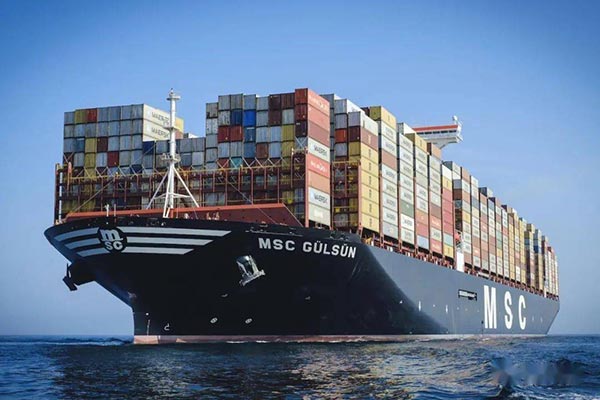
What is export factoring financing?
Export factoring is a common financing method in international trade, where specialized financial institutions (factors) purchase accounts receivable from export enterprises, providing comprehensive services includingtrade financing, account management, and buyer credit guarantee. According to the latest 2025 statistics from Factors Chain International (FCI), the global factoring business volume has reached $3.2 trillion.
How does the specific operation process work?
The typical business process consists of five stages:
- Contract Signing StageThe exporter signs a factoring agreement with the factor
- Accounts receivable assignment: The exporter transfers eligible accounts receivable to the factor
- Financing disbursement: The factor advances 80-90% of the payment (specific ratio depends on credit rating)
- Account collection: The factor handles subsequent account management and collection
- Final Payment SettlementFinal settlement
Which enterprises are suitable for this approach?
: Payment of remaining balance after deducting service fees
- This financing tool is particularly suitable for the following three types of enterprises:Market pioneers
- : Require credit guarantees to mitigate buyer default risksEnterprises with working capital shortages
- : Need early recovery of operating fundsEnterprises struggling with payment term management
What are the fundamental differences from traditional Letters of Credit?
: Professional agencies handle cross-border account collectionCompared with letters of creditsbank credit endorsement, factoring emphasizes more on:
- accounts receivable management
- , offers higher financing ratios (typically around 70% for L/C)
- , has more flexible fee structures (including financing interest + service fees)
What 2025 policy changes require special attention?
, and different risk allocation (factors bear buyer credit risks)
- Simplified filing process for cross-border RMB factoring business
- Green trade factoring enjoys 0.5% fiscal interest subsidy
- Legal validity of electronic debt instruments confirmed by judicial interpretation
It is recommended that enterprises choose factoring partners withCross-border financial licensesandInternational credit reporting networksThe fee structure mainly includes:
How is financing cost calculated?
Financing interest
- : 2-4% above LIBOR/HIBOR benchmark rates: 0.5-1.2% of accounts receivable amount
- Service expensesCredit guarantee fee
- : Fluctuates based on buyers credit ratingTaking $1 million accounts receivable as an example, the comprehensive cost typically ranges between 8-12% annualized.
Three key risk points require special attention:
What potential risks need to be guarded against?
Trade authenticity risk
- : Requires complete trade document chainLegal applicability risk
- : Differences in debt assignment regulations across jurisdictions: Recommended to use local currency settlement or hedging
- Exchange Rate Fluctuation Risk: Whether holding cross-border financial service licenses
How to choose a reliable factoring service provider?
Recommended assessment from five dimensions:
- Certification of Qualification: Whether having branches in major trading countries
- The Global Network: Whether familiar with trade characteristics of specific industries
- Industry ExperienceTechnological capabilities
- : Whether supporting digital services like blockchain verificationFinancial strength
- : Registered capital and risk reserve scaleHow to process export agency invoices? What materials need to be prepared? How to avoid common issues?


 Follow Customer Service WeChat
Follow Customer Service WeChat